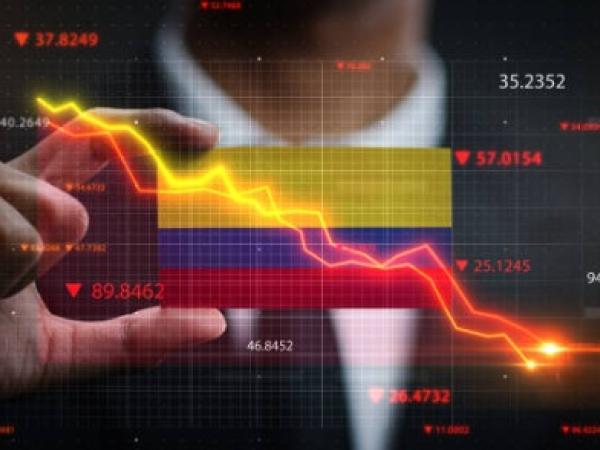It is unlikely that Colombia recover its investment-grade credit rating in the short term due to its persistently high debt and deficit, according to Fitch Ratings.
(See: GDP grew 8.5% in the first quarter of 2022).
“In the short term, not likelyFitch analyst Richard Francis said in a video interview.There is a lot of uncertainty about how much the deficit will decrease next year“.
The problems that led to Colombia’s downgrade to speculative Grade, in 2021, have not yet been resolved, despite the fact that the growth of the Gross Domestic Product (GDP) is among the strongest in America this year, Francis said.
The upcoming presidential elections also add uncertainty to the outlook, he pointed out.
(See: Only 6% of children in the country use the school route to go to class).
Both Fitch and S&P Global Ratings last year stripped Colombia of its investment-grade rating after a failed attempt to increase taxes that provoked mass riots.
The government finally managed to pass a watered-down tax reform that put most of the burden on businesses.
The government forecasts a fiscal deficit of 7.1% of GDP this year, well above the 2.5% before the pandemic.
Gross debt is estimated at 62.7%, up from 50.3% in 2019. Much of the strong growth in tax revenue is due to temporary factors, and it is not clear that tax revenues have increased structurally, Francis pointed out.
(See: Colombia and Latin America, faced with rising inflation and more rate hikes).
Fitch forecasts growth of 5.2% this year and around 3% in 2023.
However, next year’s growth could be lower than that figure as high inflation leads to more monetary tightening, the analyst said.
INVESTMENT GRADE
Francis says that a strong growth and a clear path back from debt to levels close to 55% of GDP they are key to an upgrade of Colombia’s rating, or at least a positive outlook.
It takes, on average, seven years for a country to regain investment grade after losing it, he explained.
(See: The economic recovery continued its momentum in the first quarter).
The checks and balances of Colombia and its strong institutions, including the Bank of the Republic (central bank) and the judicial system, will tend to avoid radical change if leftist senator Gustavo Petro wins the next presidential election, Francisco said.
Colombians will go to the polls on May 29, with a likely second round on June 19.
BLOOMBERG
















